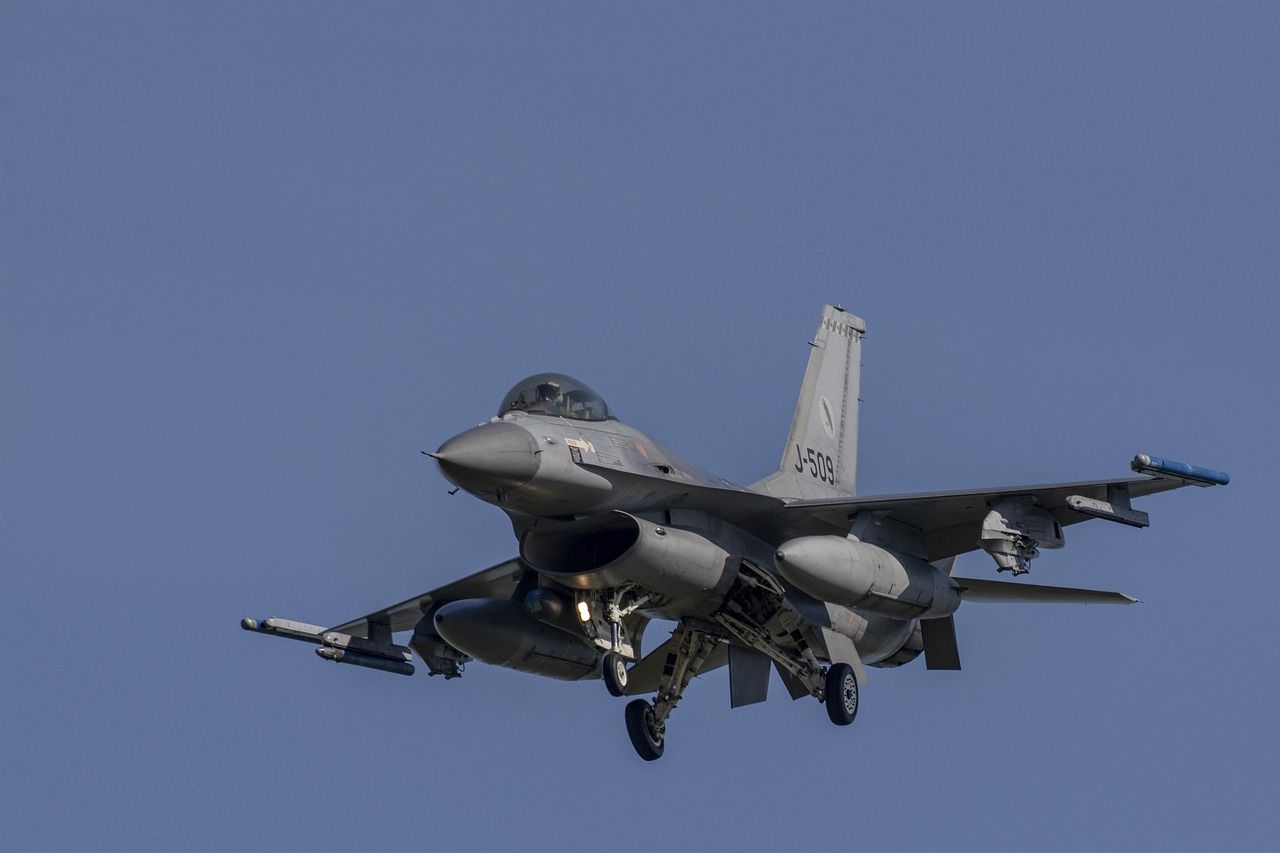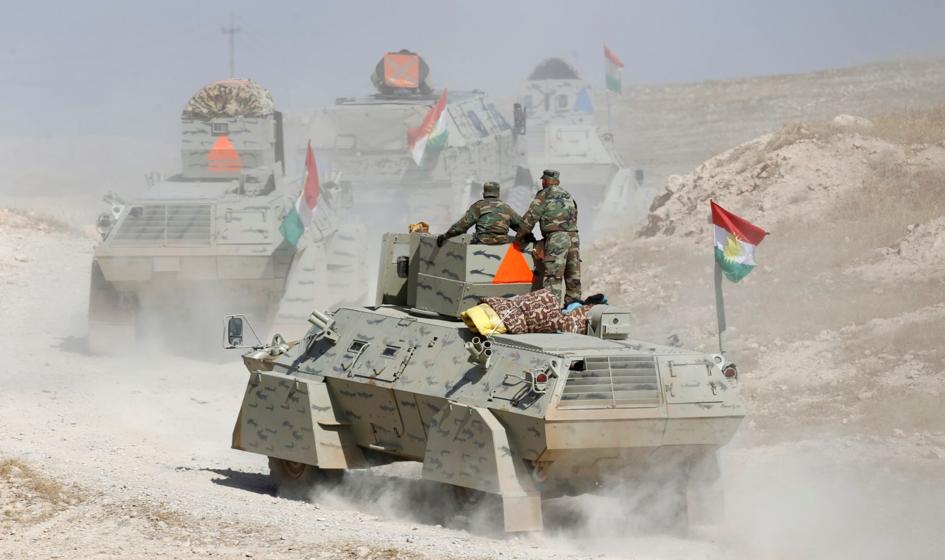We invest in unmanned systems. The war in Ukraine has shown how crucial this component is. All types of troops will be equipped with specified systems. Poland needs tremendous production capacity on this issue," said Deputy Prime Minister Władysław Kosiniak-Kamysz at the ceremony of signing the contract for the transportation of 96 unmanned reconnaissance vehicles of Tarantula.
Today's contract with the Armed Forces Agency provides for the transportation of 96 unmanned reconnaissance vehicles and 10 repair and maintenance kits. For this equipment, along with the service and training package, MON will pay PLN 50 million. The contractor of the contract will be the Łukasiewicz investigation Network – Industrial Institute of Automation and Measurements. Unmanned supplies are expected to start next year and end in 2027, and the contractual option right gives MON the chance to increase the order to 130 units.
In this case, the Defence Ministry has decided to enter into a contract in the form of "purchase with adjustment". This means that robots will be constructed according to military requirements and expectations, based on the already existing product from the Institute's offer. – Tarantules will be developed on the basis of PIAP Fenix 3.0 bomb robot, which was created thanks to the cooperation of PIAP with peculiar troops of South Korean police. The pyrotechnic equipment has already been purchased by the State Protection Service. Now we'll adjust it to the needs of the ground troops. It will be smaller, lighter, cheaper, but besides efficient reconnaissance robot," said Adam Szepczyński of PIAP.
The military has already presented their needs for the final possibilities of Tarantul. Vehicles should guarantee that unmanned reconnaissance is carried out in the area of direct contact with troops, the penetration of places inaccessible to humans and the transmission of sensor data to the operator's console via wireless transmission of audio and video data. Drones are expected to be able to travel in different areas, including roadless and urbanised areas (which means that they can overcome obstacles specified as rubble, threshold or stairs). The Tarantul structure should enable them to be transported within the landing compartments of military vehicles and carried by a single soldier.
Film: MON
Representatives of the MON – Deputy Prime Minister Władysław Kosiniak-Kamysz and Deputy Ministers Cezary Tomczyk and Paweł Bejda – stressed that investments in modern technologies, including various types of unmanned systems, are now the precedence of the Polish Army. "The war in Ukraine has shown how the face of the battlefield has changed, how crucial drones are for recognition, impact, security, both those that are unmanned aircraft and those that decision on land or water," said Deputy Prime Minister Władysław Kosiniak-Kamish. “Poland needs immense capabilities to produce drones, so we look at the chance in funds from the European Union for innovative companies that have large ideas and good inventions. We request the strength to accelerate this industry," added the head of the MON.
The Industrial Institute of Automatics and Measurements – PIAP, presently operating as part of the Łukasiewicz investigation Network, is 1 of the oldest Polish investigation and production institutions specialising in robotics. The first specified constructions were created in PIAP in the mid-1960s. These were machines utilized in industry. At the turn of the 20th and 21st centuries, the PIAP was engaged in creating pyrotechnic robots for the needs of uniformed services – police, Border Guards and troops. The police were the first to choice them up, choosing a device called Inspector. A fewer years later the Polish Army besides acquired drones developed by PIAP. These were not only Inspectors, but besides somewhat smaller and more modern Experts.
Currently, PIAP is simply a worldwide brand. “We have delivered nearly 7 100 of our robots to 28 countries on 3 continents,” said Piotr Synkarczyk, manager of the Łukasiewicz investigation Network – PIAP. “Thanks to the fact that the mechanics, electronics and software of robots are full our production, we can adapt them freely to the requirements of users”, he stressed.








